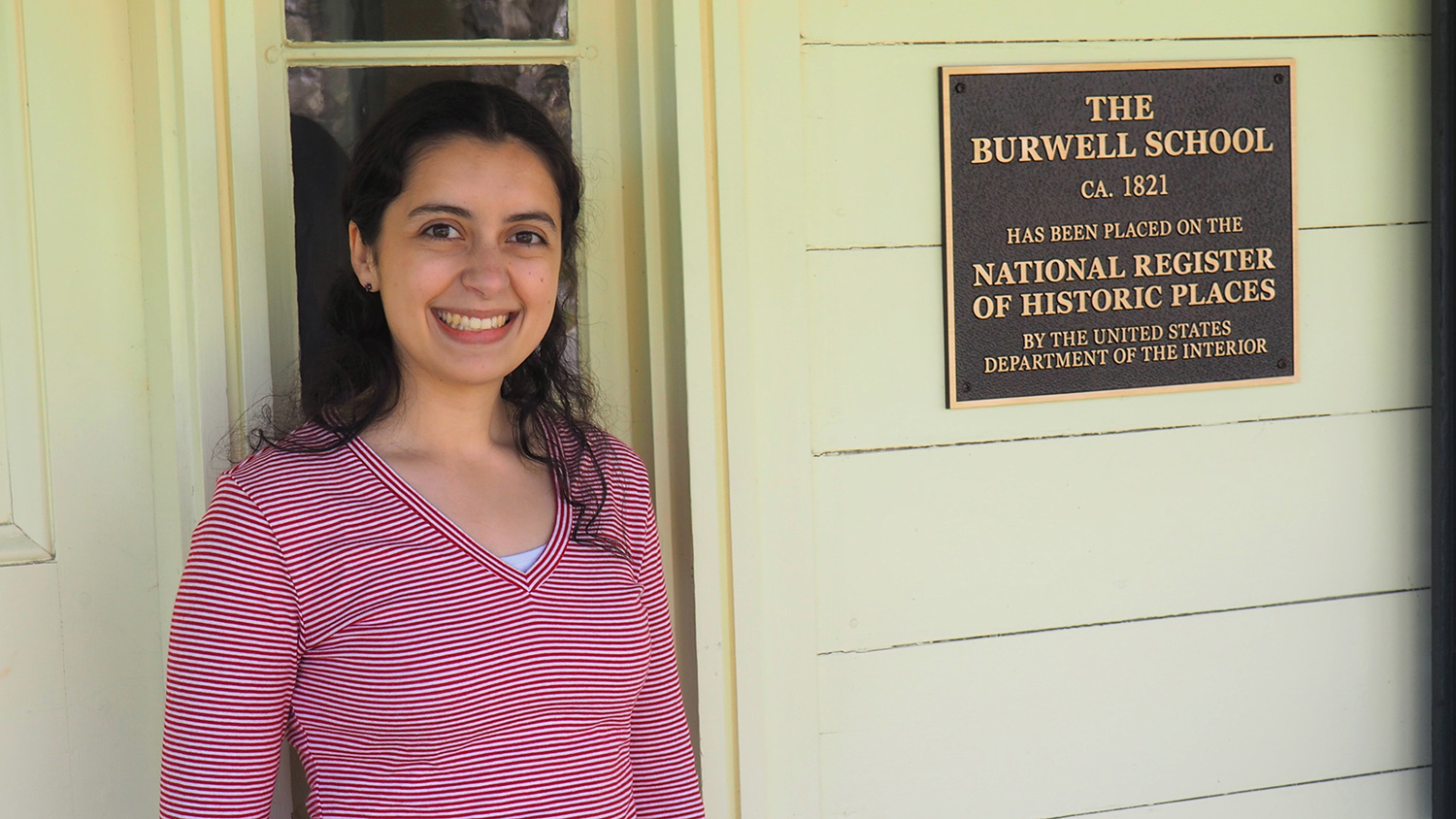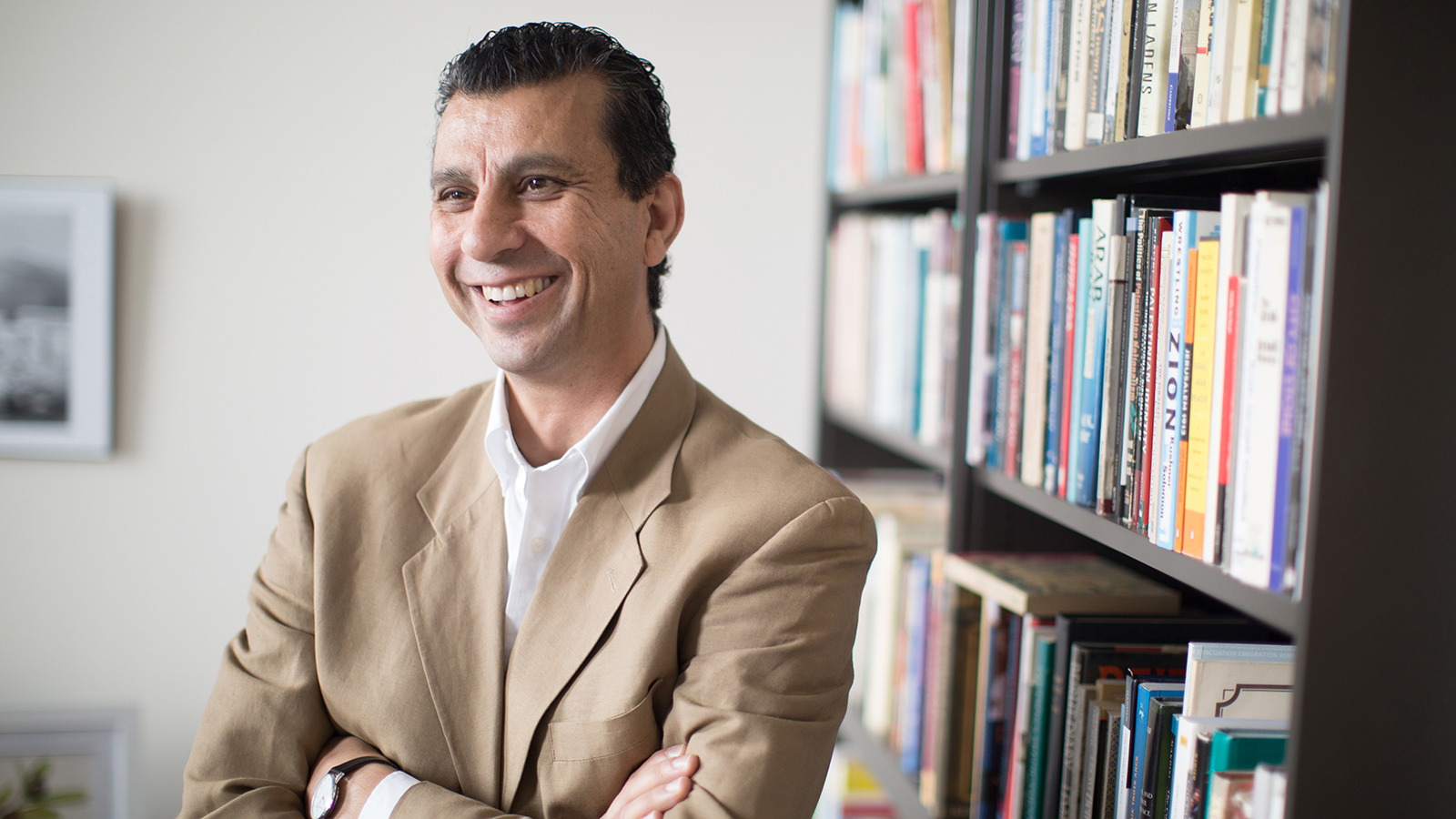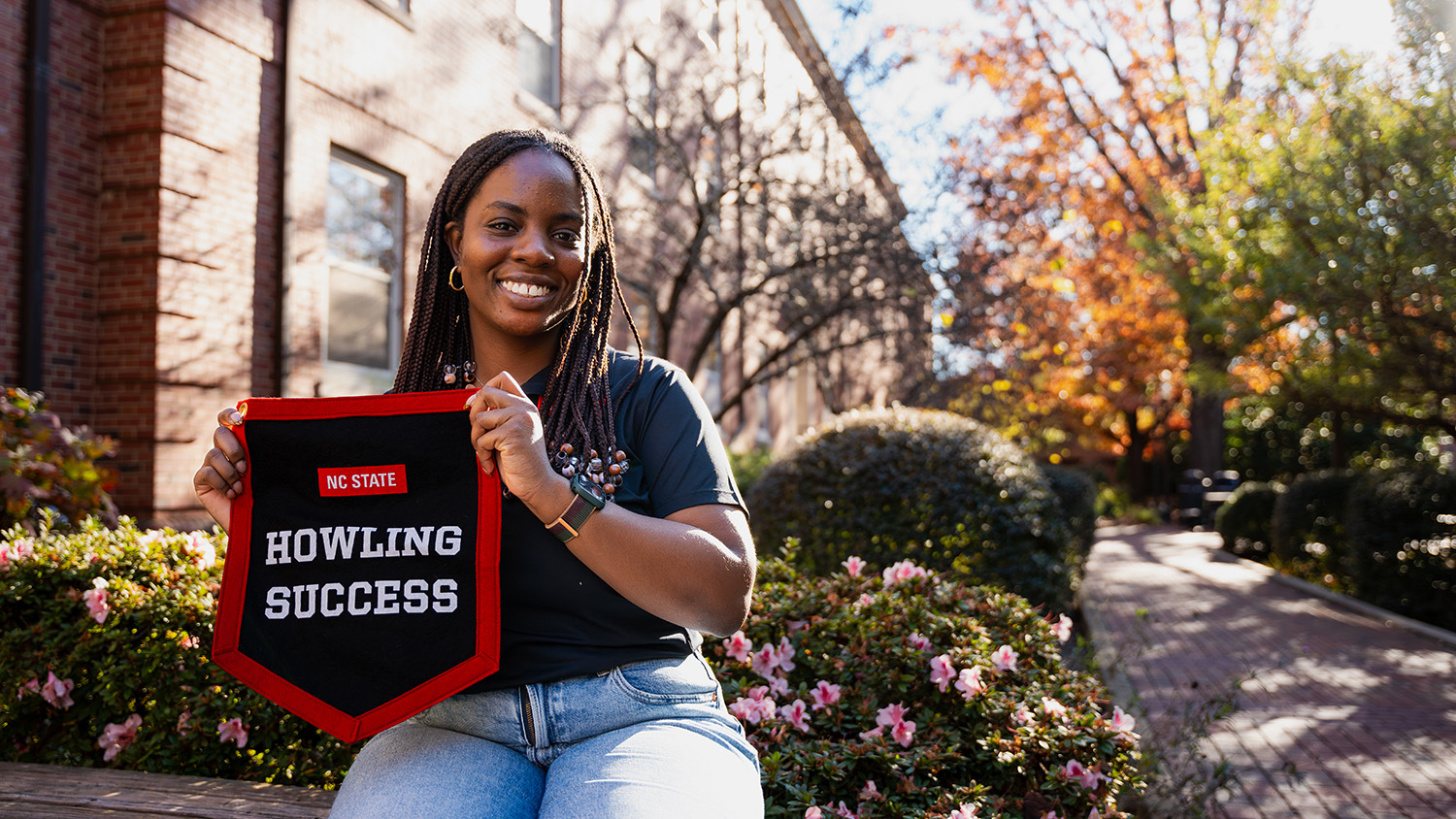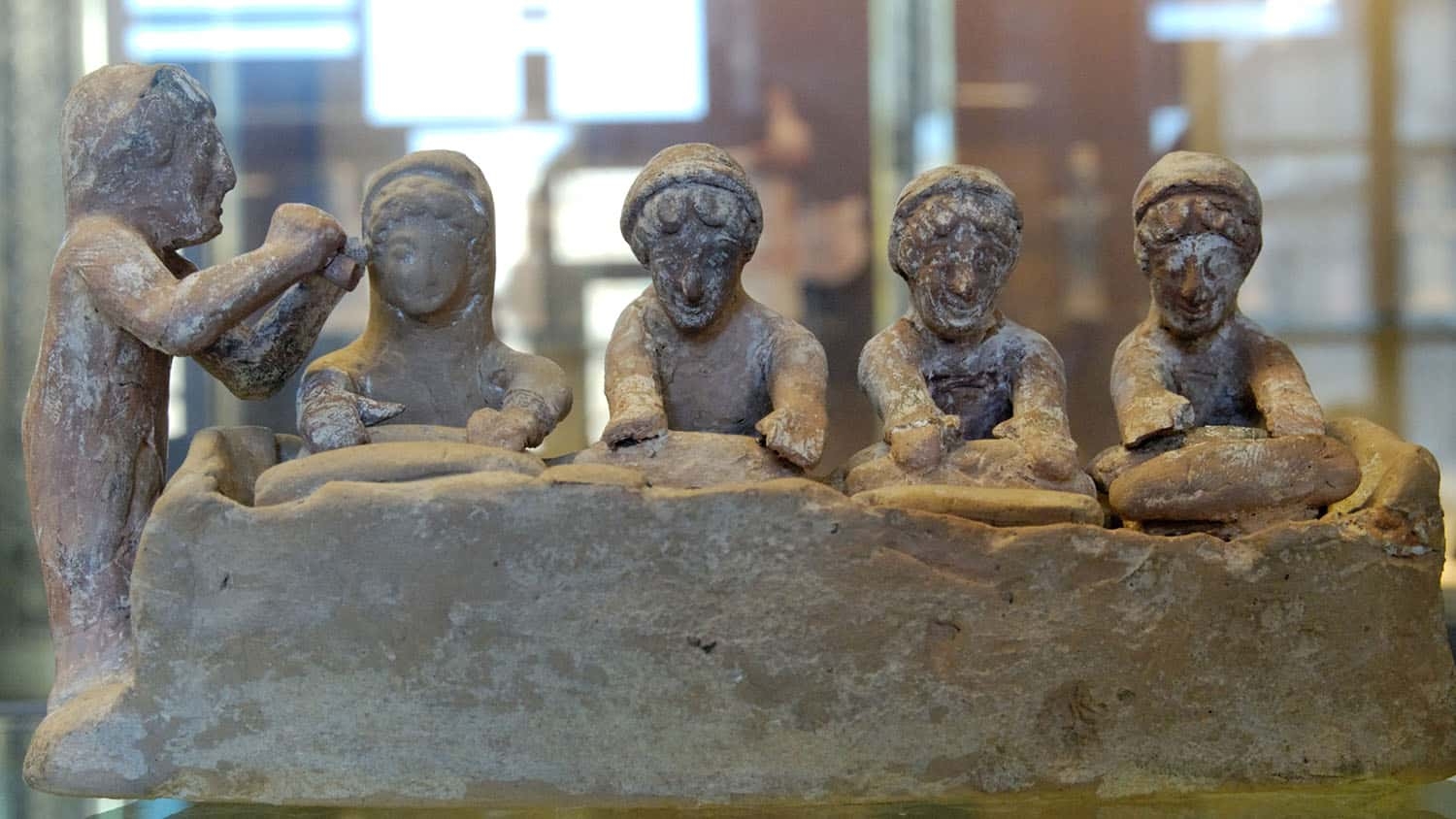At heart, public history graduate student Sarah Waugh is a storyteller. She is putting her skills to work collecting resources to tell the histories of marginalized people in the South. In the process, she is adding their voices to the historic narrative and presenting a more comprehensive portrayal of the past.
Waugh is examining the lives of enslaved and freed Black people in the 19th century while working as a docent at the Burwell School Historic Site, a school for girls from 1837 to 1857, in Hillsborough, North Carolina. She is also studying southern African Americans during the Jim Crow era while interning with the Behind the Veil Collection at Duke University Libraries, where she is digitizing their oral histories. And she is researching bilingual education for Spanish speakers in the North Carolina Migrant Education Program from the 1970s to the 1990s.
The internship is part of Sarah’s studies in the M.A. in public history program.
Public history can reshape our views of the past. Weaving in stories of marginalized groups expands its reach and audience, underscoring why Waugh thinks it is important to study public history.
“Public history reaches a wide range of people and makes sure people stay engaged with history outside of school,” she says. “They can connect with their community and learn history in many different ways.”
We caught up with Waugh to learn more about her research, internship, work as a docent, goals after graduation and advice to aspiring public historians.
Why did you choose to study public history?
Originally, I thought I would teach social studies in K-12 schools. But I chose to study public history because I was interested in how it would allow me to reach inter-generational groups in addition to children — and would open up a greater variety of formats and methods than I felt I could use if I chose to teach in schools only.
Describe your role as a docent.
I give guided tours on the school’s history, telling its story of the students, enslaved and free Black people, and the Burwell family.
I teach about Elizabeth Hobbs Keckley’s life after freedom — as a renowned dressmaker, activist and friend of first lady Mary Todd Lincoln — in addition to her life while enslaved. I also answer questions from visitors who chose to do self-guided tours and assist with special events.
What do you like most about your role?
Recognizing when visitors are engaged and thinking critically — whether I’m changing their minds or confirming something they learned already.
Why is the school’s history important?
In teaching about enslaved and free Black people, girls’ education and the Burwell family, the site’s history showcases life for various groups of people in early-mid 19th century Hillsborough.
What have you learned from your experience at the Burwell School?
I’ve gotten much better at public speaking and teaching from giving tours. My adaptability has improved, thanks to various questions from visitors and the different ways they engage with the tour.
Has your experience influenced your educational path, your career path?
Working at the Burwell School introduced me to one form of a public history site (a local history, house museum), and, in addition to an internship at the State Archives, it helped me decide to go into the field.
Also, the adaptability and better speaking skills I learned have helped me in graduate seminars and presentations.
What do you value most about your time at NC State?
Our public history classes are oriented toward real-world experiences. We often connect career experiences with our readings in class discussions, so I get to hear from my classmates about different possibilities in the field.
The final projects I’ve had so far have been project proposals. Learning how to write grant proposals is an important career skill, and if I chose, I could pursue these projects. We also do an internship, which we write about in class for credit. My work as an intern with the Behind the Veil Collection at Duke University Libraries has been super rewarding and useful. I’m glad that NC State emphasizes that kind of extra-curricular experience.
What advice would you give someone majoring in public history?
Manage your time, learn to say no to some social events or extra school activities, find out what works for your productivity, and ask for advice from classmates or professors on how to best balance things. They are all happy to help, and talking to fellow grad students has been key in my experience.
You can’t do grad school alone — keeping up social connections, building academic and career connections, and taking care of yourself — all matter just as much as time management and hard work.
What’s next?
Continuing my internship as well as my research into Latines in the U.S. South. I am also getting a master’s degree in library science from UNC-Chapel Hill as part of a dual degree program between the schools.
Although I’m not sure what job I ultimately will pursue, I would like to work more with the history of marginalized people in the South and with oral history.
- Categories:



